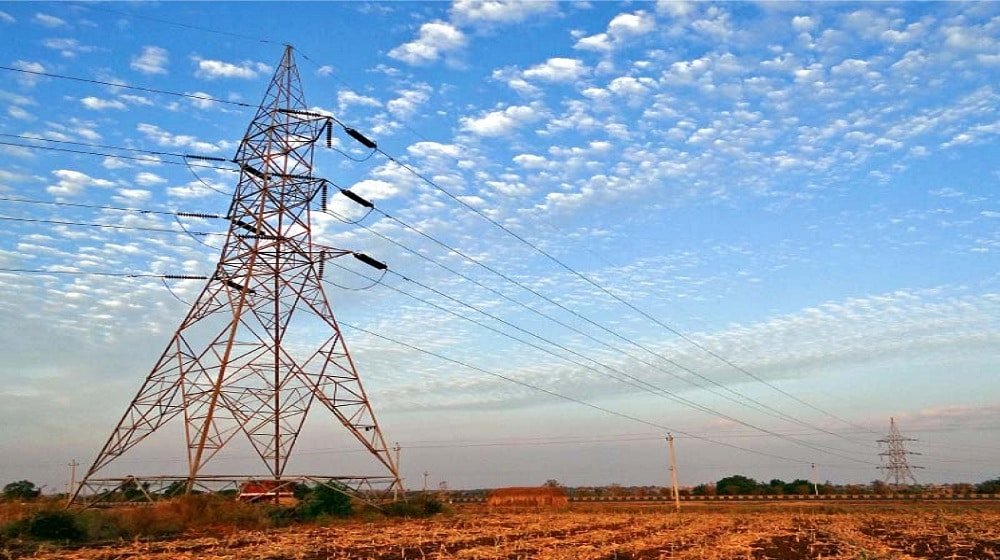Electricity drives nearly every aspect of modern life, from the appliances that keep our food fresh to the technology we use daily for work and leisure. With increased reliance on power, outdated electrical systems and panels can struggle to meet rising demands, causing inefficiencies and even potential safety hazards. Upgrading panels and improving electrical systems is no longer just about convenience; it has become a necessary step for homeowners and businesses looking to adapt to today’s energy-intensive lifestyle. We will explore how these enhancements contribute to energy efficiency, long-term reliability, and sustainable living, while also showing how companies provide solutions that meet the unique needs of the communities they serve.
Advancing Electrical Infrastructure for Modern Demands
One of the most important aspects of electrical upgrades is their ability to align with modern energy requirements. Many homes and businesses still rely on panels installed decades ago, designed at a time when energy consumption was much lower. The introduction of high-powered appliances, smart home devices, and renewable energy sources such as solar has created a higher load that older systems cannot efficiently handle. When an electrical panel becomes overloaded, it may trip frequently, deliver inconsistent voltage, or, in some cases, increase the risk of fire hazards. Modern upgrades resolve these issues by providing higher capacity, built-in safety features, and adaptability for future needs, which is why solutions from North Valley Solar Power near Danville are valuable for property owners seeking reliable, future-ready electrical infrastructure.
For example, enhanced panels can be designed to integrate with solar energy systems, electric vehicle charging stations, or advanced HVAC systems. These improvements mean that property owners are not just addressing current demands but preparing their infrastructure for upcoming technological shifts. By taking proactive steps to enhance electrical systems, individuals gain peace of mind knowing their power supply is both safer and more resilient in the long run.
Enhanced electrical panels also reduce wasted energy, which lowers utility bills and extends the lifespan of household devices. Voltage fluctuations caused by outdated panels often wear down appliances faster, requiring costly replacements. By creating a more stable electrical flow, these modern systems allow electronics and machinery to operate at peak efficiency. Additionally, newer systems include advanced safety features such as arc-fault protection and ground-fault circuit interrupters, both of which significantly reduce fire and shock risks. These improvements highlight why electrical panel upgrades are not a luxury but a practical and responsible decision that directly benefits safety, financial savings, and overall functionality.
The Role of Sustainability in Electrical System Upgrades
As communities continue to prioritize sustainability, electrical system enhancements play a crucial role in supporting renewable energy adoption. Modern panels and upgraded wiring allow seamless integration of solar power, battery storage, and other alternative energy solutions. Without these enhancements, homeowners may find it difficult to fully harness the benefits of renewable technologies. For instance, a solar installation requires a panel capable of handling bidirectional energy flow, as electricity must not only come into the home but also be sent back to the grid when excess power is generated. Systems designed with sustainability in mind enable this process to work efficiently, ensuring households maximize energy independence and lower their carbon footprint.
Beyond renewable integration, upgraded systems also contribute to reduced energy waste across all forms of consumption. Older wiring often causes power losses that add up significantly over time, leading to higher utility bills and unnecessary energy use. Upgraded infrastructure corrects this inefficiency by ensuring electricity is delivered cleanly and consistently to every outlet and appliance. In addition, advanced panels can accommodate technologies like smart meters, which provide real-time insights into energy use. With this data, households and businesses can make informed decisions about reducing consumption during peak times or identifying appliances that draw excess power. These measures not only improve efficiency but also align with broader sustainability goals embraced by communities and cities.
For businesses, sustainability-driven upgrades go beyond environmental responsibility; they are also a matter of maintaining competitiveness. Modern consumers increasingly support companies that demonstrate a commitment to green practices. An upgraded electrical system capable of supporting renewable energy, high-efficiency lighting, and advanced climate control signals a forward-thinking approach that resonates with eco-conscious customers. North Valley, for instance, supports these sustainable efforts by ensuring that the communities it serves are equipped with systems that can adapt to changing energy landscapes. Their projects highlight how practical infrastructure enhancements are directly tied to long-term sustainability goals, benefiting both individuals and society at large.
Enhancing electrical panels and systems is no longer a matter of simple upgrades; it represents a transformation in how homes and businesses interact with energy. From safety and reliability to sustainability and future readiness, these improvements impact every aspect of modern living. They ensure that properties are equipped to handle growing demands, embrace renewable solutions, and safeguard against risks. For communities served by North Valley, such enhancements highlight the importance of proactive planning and responsible energy management. By choosing to upgrade, individuals and organizations not only improve their own quality of life but also contribute to a broader shift toward sustainable and resilient energy systems that will support future generations.

